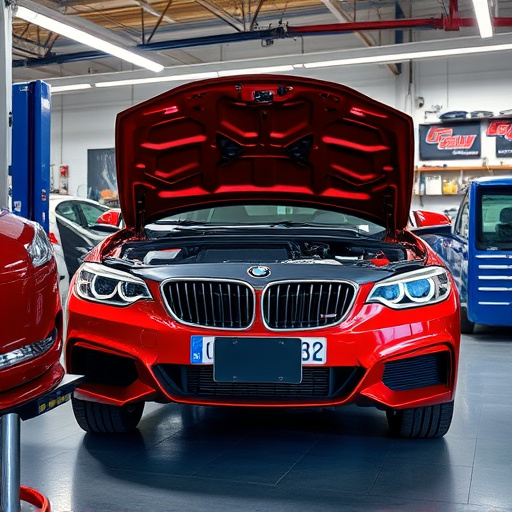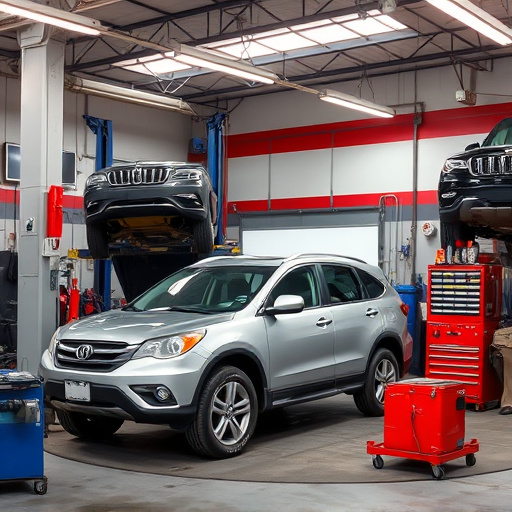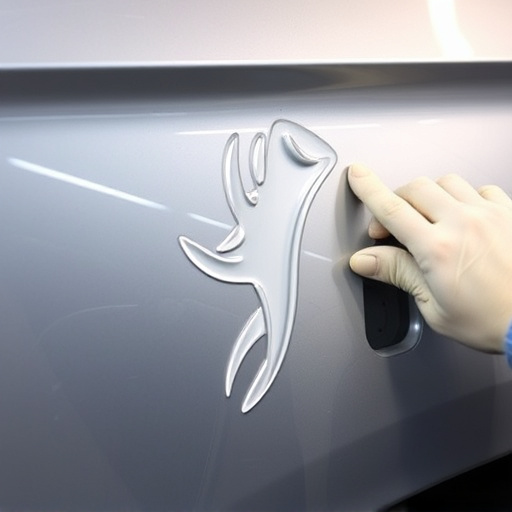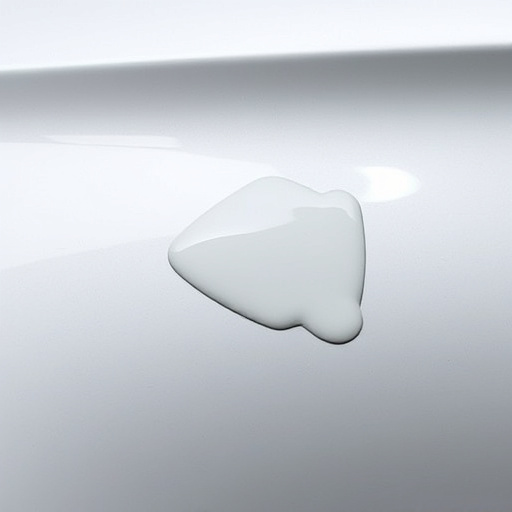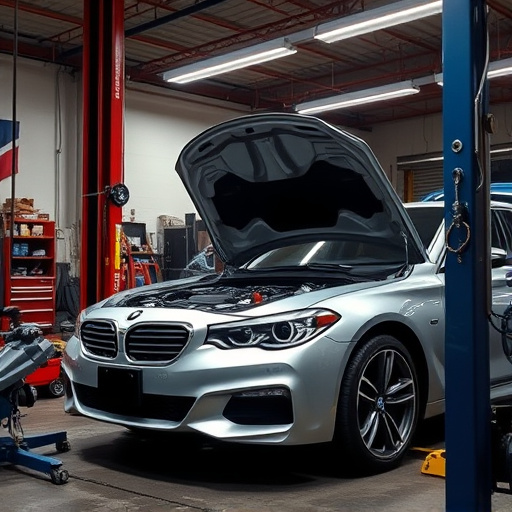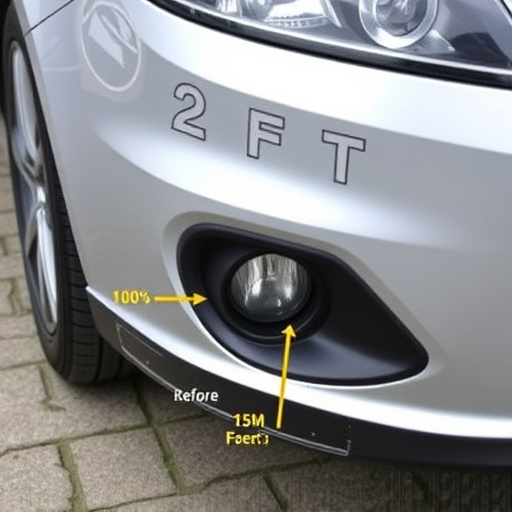Mercedes rain sensor adjustment is vital for safe driving in wet conditions. Environmental factors and wear can degrade sensors over time, leading to improper wiper activation and delayed responses. Regular calibration every few years prevents accidents, ensuring optimal performance during rainfall, comparable to routine tire pressure checks or auto glass repairs.
Are your Mercedes windshield wipers turning on and off erratically in the rain? That could be a sign you need a Mercedes rain sensor adjustment. Common issues include sensors that are dirty, malfunctioning, or misaligned. Knowing when to replace them is crucial for safe driving. This guide covers common problems, signs it’s time to replace sensors, and step-by-step instructions on adjusting your Mercedes’ rain sensor settings for optimal performance and safety.
- Common Rain Sensor Issues in Mercedes
- When to Replace Rain Sensors
- Adjusting Your Mercedes' Rain Sensor Settings
Common Rain Sensor Issues in Mercedes

Rain sensors are an essential safety feature in modern Mercedes vehicles, designed to automatically adjust your windshield wipers based on rainfall intensity. However, like any other component, they can experience issues over time, leading to decreased performance and potential safety hazards. Common rain sensor problems include misalignment or damage to the sensors themselves, which can cause the wipers to either not activate at all or become overly aggressive during heavy rain. Sometimes, the sensors might fail to detect rain correctly, resulting in a delayed response from the wiper system. These issues are often noticed when drivers encounter intermittent or faulty wiper operation during wet weather conditions.
Over time, environmental factors such as dust, debris, and extreme temperatures can impact the accuracy of the sensors. An auto glass replacement or automotive collision repair might be necessary if the sensor location becomes obscured by damage to the windshield or surrounding areas. A visit to a reputable collision center for a Mercedes rain sensor adjustment is recommended when these problems arise, ensuring optimal safety and driving experience in all weather conditions.
When to Replace Rain Sensors

The Mercedes rain sensor adjustment is a critical component that ensures optimal driving conditions during adverse weather. While these sensors are designed to withstand various climatic challenges, they can degrade over time due to environmental factors like extreme temperatures, debris accumulation, and constant exposure to moisture. If you’ve noticed that your vehicle’s wipers are not responding as effectively as they should, especially in rainy conditions, it could be a clear sign that your Mercedes rain sensors need a thorough adjustment or replacement.
Regular maintenance of these sensors is essential for the safety and performance of your Mercedes benz repair. Debris like leaves, bird droppings, or road grime can hinder their functionality. If left unattended, these issues can lead to poor windshield clearing, potentially causing accidents. Therefore, it’s recommended that car bodywork owners consider a Mercedes rain sensor adjustment or replacement every few years, depending on driving habits and environmental conditions in their area.
Adjusting Your Mercedes' Rain Sensor Settings

Mercedes rain sensor settings play a vital role in ensuring optimal driving conditions during wet weather. These sensors detect rainfall and automatically adjust your vehicle’s lights to prevent blind spots for other drivers, enhancing safety on the road. Over time, however, these sensors can become less accurate due to environmental factors or normal wear and tear. If you’ve noticed that your Mercedes’ wipers are activating unnecessarily or not responding quickly enough during rain, it might be a sign that a Mercedes rain sensor adjustment is long overdue.
Regularly checking and adjusting these settings is part of proper vehicle maintenance, comparable to keeping tires inflated at the right pressure or ensuring timely auto glass repair. A simple calibration can make a significant difference in your driving experience, especially if you live in regions with frequent rainfall. Think of it as a form of automotive restoration for your Mercedes’ safety features, ensuring they function as efficiently and effectively as the day you first drove off the lot.
If your Mercedes’ rain sensors are not functioning optimally, it’s crucial to address the issue promptly. Regular maintenance, including a Mercedes rain sensor adjustment, can significantly enhance driving safety and comfort, especially in adverse weather conditions. By being aware of common problems and knowing when to replace sensors, you can ensure your vehicle’s wipers are activated precisely when needed. Don’t underestimate the importance of adjusting your Mercedes’ rain sensor settings for a smoother, safer ride.
